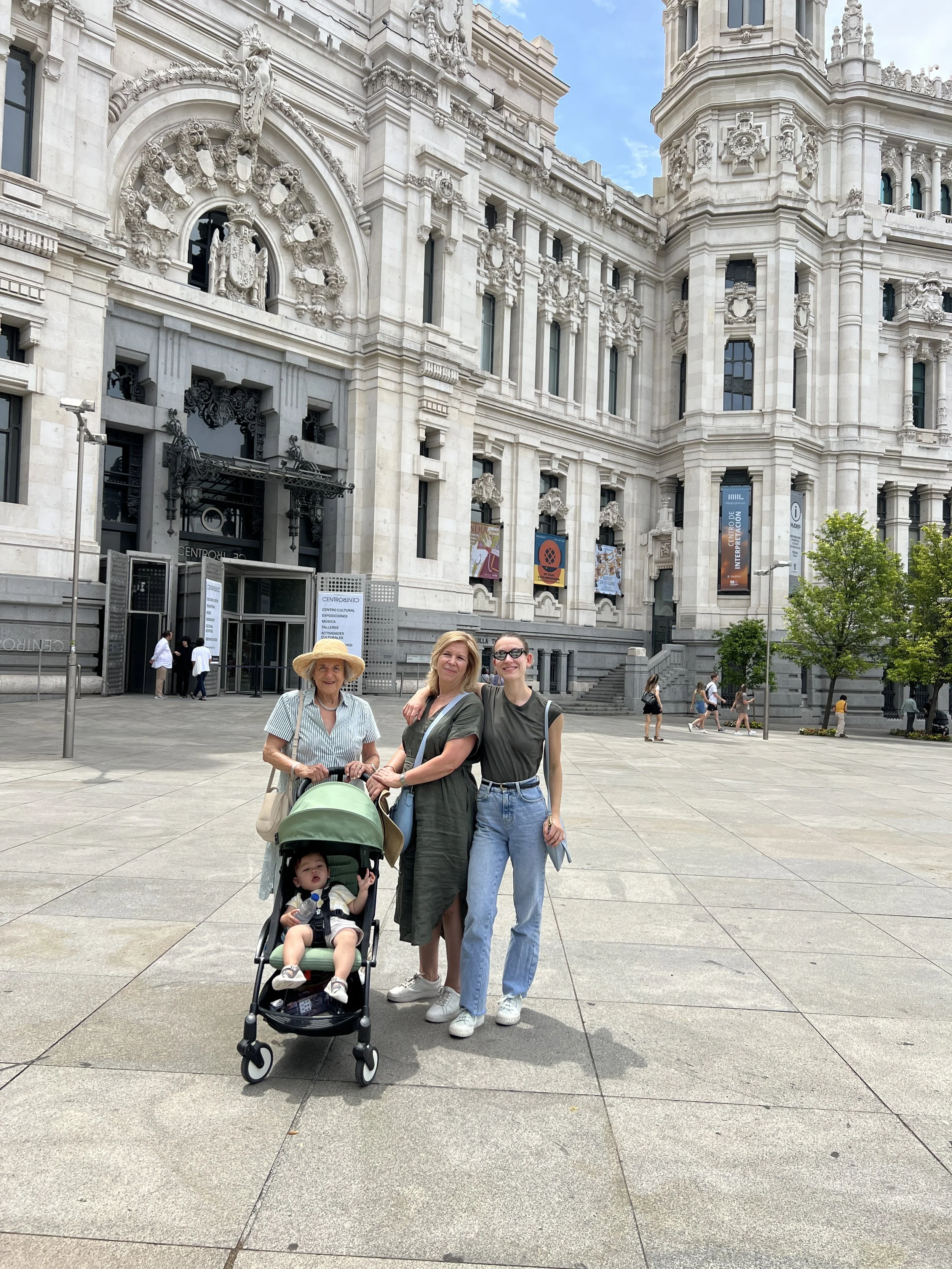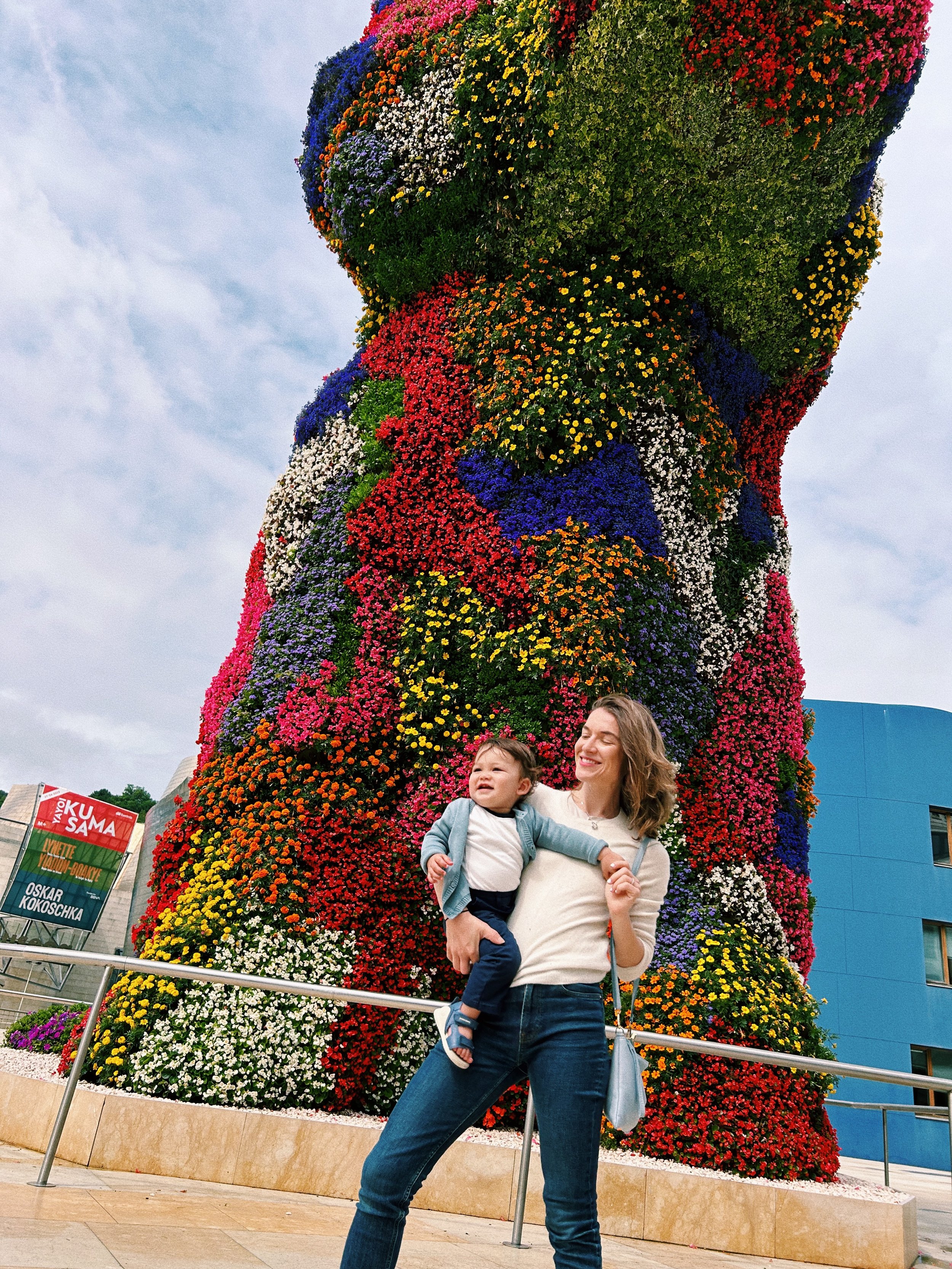The Many Benefits of Multilingualism
Language isn't just a means of communication; it is a powerful tool that shapes our culture and identity. For multilingual children, the impact of language on their cultural experiences and sense of self is immeasurable. As a bilingual speaker myself, I can attest to the myriad ways it has enhanced my life. This is why it is so important to me to pass on the same gift of languages to my child that my parents gave to me.
Here are 5 benefits to raising multilingual children. You can learn more about specific techniques and how to apply them to your family in my blog post here.
1. Cultural Diversity and Multilingualism:
Growing up with multiple languages opens up a world of cultural diversity for multilingual children. They are exposed to different customs, traditions, and ways of thinking from an early age. This exposure not only broadens their horizons but also helps them develop a deeper appreciation and understanding of various cultures. This helps fosters compassion and appreciation for differences, making them more accepting individuals.
2. Flexibility in Perspective:
One of the most significant benefits of being multilingual is the ability to switch between languages with ease. Multilingual children possess a unique capacity to view the world from multiple perspectives. This flexibility enriches their cultural understanding and empowers them to navigate diverse environments effortlessly.
3. Sense of Belonging:
Language plays a crucial role in shaping one's identity, and this is particularly true for multilingual children. Speaking one language at home and another at school or with friends gives them a special sense of belonging to different cultures. They can effortlessly navigate between their various cultural identities and embrace the diversity within themselves. For families raising their children away from their native home, teaching their children their heritage language is a way to pass on their culture. It also helps children form closer ties with their native lands and family.
4. Enhanced Cognitive Abilities:
Research suggests that multilingual children often have enhanced cognitive abilities compared to their monolingual peers. Bilingualism has been linked to improved problem-solving skills, cognitive flexibility, and creativity. These cognitive advantages can contribute to the development of a well-rounded cultural identity.
5. Increased Opportunities in Life:
Mastering multiple languages fluently offers immeasurable benefits throughout life. From childhood, they will enjoy richer travel experiences by deeply connecting with local cultures. This multilingual ability will also help foster lifelong connections with family and friends from around the world. They in life, these experiences open many opportunities to study, live, and work internationally.
Language serves as a gateway to cultural experiences, and for multilingual children, it opens up a myriad of opportunities to explore and appreciate diverse cultures. From fostering cultural diversity to enhancing cognitive abilities and developing empathy, the implications of language on the cultural and identity formation of multilingual children are profound. In our multicultural world, let’s celebrate our heritage and keep our cultures alive, no matter where in the world we raise our families.



